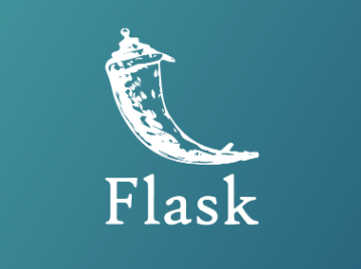What you will learn
- Understand the fundamentals of Flask and web application development
- Develop scalable and efficient web applications with Flask
- Understand Flask routing, templates, forms, and database integration
- Implement user authentication, authorization, and RESTful APIs in Flask
- Work with Flask middleware and extensions for enhanced functionality
- Write unit tests and perform testing for Flask applications
- Deploy and scale Flask applications for production environments
Beneficial for
- Web Developers interested in Flask development
- Python Developers looking to build web applications with Flask
- Software Engineers transitioning to web development with Flask
Course Pre-requisite
- Proficiency in Python programming language
- Basic understanding of web development concepts (HTML, CSS, HTTP)
Course Outline
Overview of Flask and its minimalist web framework
Setting up a Flask development environment
Understanding the Flask application structure
Creating routes for handling different URLs
Implementing view functions in Flask
Dynamic routing and URL parameters in Flask
Introduction to Jinja2 templating engine in Flask
Rendering dynamic content in Flask templates
Template inheritance and structure in Flask applications
Building HTML forms in Flask templates
Handling form submissions and validations
Integrating WTForms for form management in Flask
Connecting Flask applications to databases
Working with SQLAlchemy for database models and queries
Database migrations with Flask-Migrate
Implementing user authentication in Flask
Managing user sessions and cookies
Role-based access control and permissions in Flask
Designing RESTful APIs in Flask applications
Handling HTTP methods (GET, POST, PUT, DELETE) in Flask views
Authentication and security considerations for Flask APIs
Implementing middleware for request and response handling
Integrating Flask extensions for enhanced functionality
Common Flask extensions (Flask-Login, Flask-WTF, Flask-SocketIO)
Writing unit tests for Flask applications using unit test
Integration testing with Flask-Testing
Best practices for testing Flask applications
Deploying Flask applications to production servers (e.g., Gunicorn, uWSGI)
Containerization with Docker for Flask applications
Scaling Flask applications with load balancing and caching strategies

